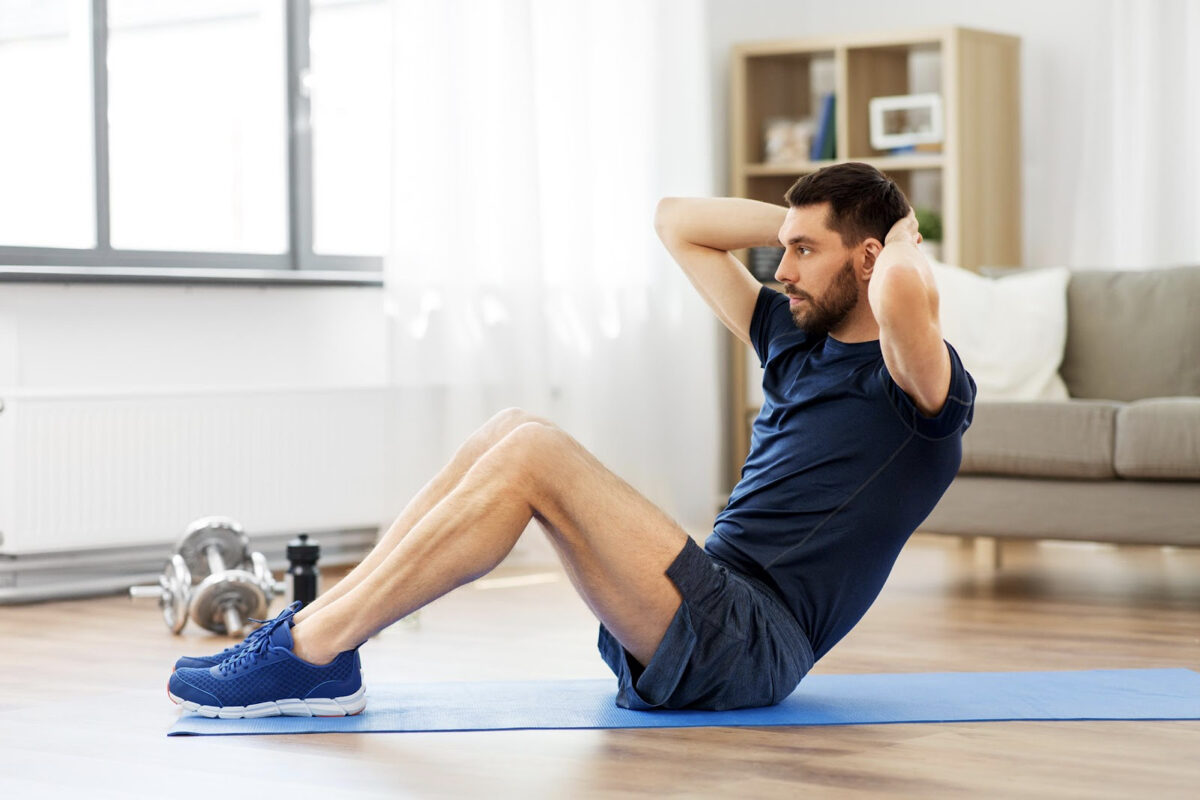Are you looking to enhance your testosterone levels naturally? Look no further! Dr. Darren Burke, an esteemed expert affiliated with McMaster University, has put together an invaluable guide on the best exercises to boost testosterone levels. Maintaining optimal testosterone levels is essential for overall well-being, muscle growth, and a healthy sex life. But did you know that certain exercises can also impact your testosterone levels negatively? In this article, we’ll explore the exercises endorsed by Dr. Darren Burke to skyrocket your testosterone levels and those you should avoid.
Understanding Testosterone
Before delving into the exercises, let’s briefly understand the significance of testosterone. Testosterone is a hormone primarily produced in the testes in men and, to a lesser extent, in the ovaries in women. It plays a crucial role in maintaining muscle mass, bone density, and sex drive, among other functions.
Exercise and Testosterone
Regular exercise is one of the most effective ways to naturally increase testosterone levels. Dr. Darren Burke, renowned for his work in developing sport supplements and currently at McMaster University, has identified exercises that can provide substantial benefits.
Testosterone-Boosting Exercises
- Resistance Training: Engaging in resistance training exercises, such as weightlifting and bodyweight exercises, can significantly elevate testosterone levels. Compound exercises like squats, deadlifts, and bench presses are particularly effective.
- High-Intensity Interval Training (HIIT): HIIT workouts involve short bursts of intense exercise followed by brief periods of rest or lower-intensity activity. Studies have shown that HIIT can stimulate testosterone production and boost metabolism.
- Sprinting: Short, intense sprints can temporarily increase testosterone levels. Consider adding sprint intervals to your cardio routine to reap the hormonal benefits.
- Circuit Training: Dr Darren Burke recommends circuit training that combines strength and cardio exercises. This approach keeps your workouts challenging and can contribute to sustained testosterone elevation.
- Compound Movements: Exercises that engage multiple muscle groups simultaneously, like the clean and press, can trigger a more robust testosterone response than isolated movements.
Exercises to Avoid
While exercise is essential for overall health, some activities can negatively impact testosterone levels. Dr. Darren Burke advises minimizing or avoiding the following:
- Endurance Cardio: Long, steady-state high intensity cardio sessions, such as marathon running or excessive cycling, can lead to a temporary decrease in testosterone levels. Opt for shorter, more intense cardio workouts instead.
- Overtraining: Excessive exercise without adequate recovery can lead to hormonal imbalances, including lower testosterone levels. Balance your training with adequate rest and recovery days.
- Chronic Stress: While not an exercise per se, chronic stress can hinder testosterone production. Incorporate stress-reduction techniques like meditation and mindfulness into your routine.
- Lack of Sleep: Inadequate sleep can have a detrimental effect on hormone levels. Aim for 7-9 hours of quality sleep per night to support healthy testosterone production.
Conclusion
Boosting testosterone levels through exercise is an achievable goal. Incorporating Dr Darren Burke’s testosterone-boosting exercises into your fitness routine while avoiding activities that may hinder your hormonal balance is a prudent approach to overall health and well-being. Remember, it’s essential to consult with a healthcare professional before making significant changes to your exercise routine, especially if you have underlying health concerns. By following these guidelines, you can optimize your testosterone levels and enjoy the numerous benefits that come with it.

“Proud thinker. Tv fanatic. Communicator. Evil student. Food junkie. Passionate coffee geek. Award-winning alcohol advocate.”

